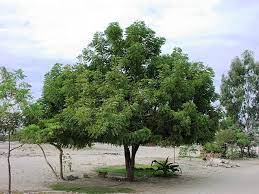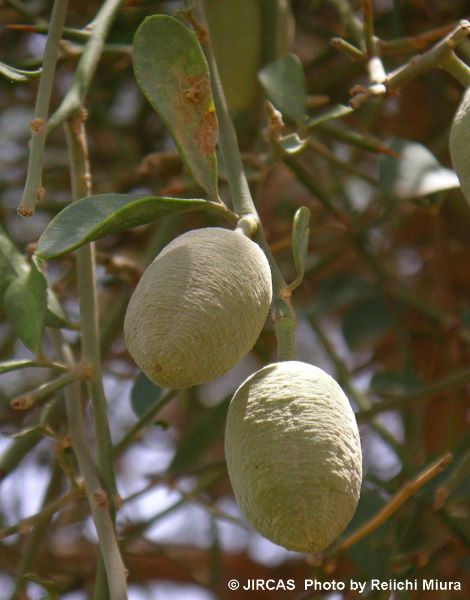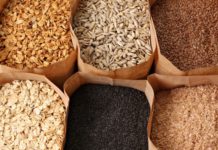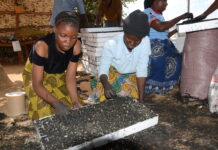We’ve all seen it at farmers markets, fairs, in certain supermarkets and in other places: Hand-crafted soaps. These usually smell very nice and produce abundant and smooth lather. For most people, artisan soap is a luxury item for visitors and special occasions.
It’s different in isolated rural villages in Burkina Faso.
There, handmade soap has environmental, financial and health benefits.
Women in 7 villages in Burkina Faso’s Fada Commune have learned to use Balanites aegyptiaca seeds and parts of the Neem—a magnolia—tree to produce soap. Balanites seed oil and oil from various parts of the fast-growing Neem are combined with other ingredients to make basic hand soap.Its production and use has numerous benefits.

First, Balanites and Neem serve as substitutes for timber forest products, which have also been used to make soap. Deforestation is a significant problem in Burkina Faso, exacerbating soil erosion, wind and other factors that degrade agricultural production. It also contributes to climate change.
Next, production of these soaps is accompanied by education on their use. This helps villagers improve hygiene. In addition, Neem oil has another health benefit – it can be used to treat certain skin conditions.
Finally, hand crafted soap reduces family expenses related to the purchase of commercially produced soap.
World Neighbors is the international development organization that works with local partners on these and other projects in Burkina Faso and Mali








